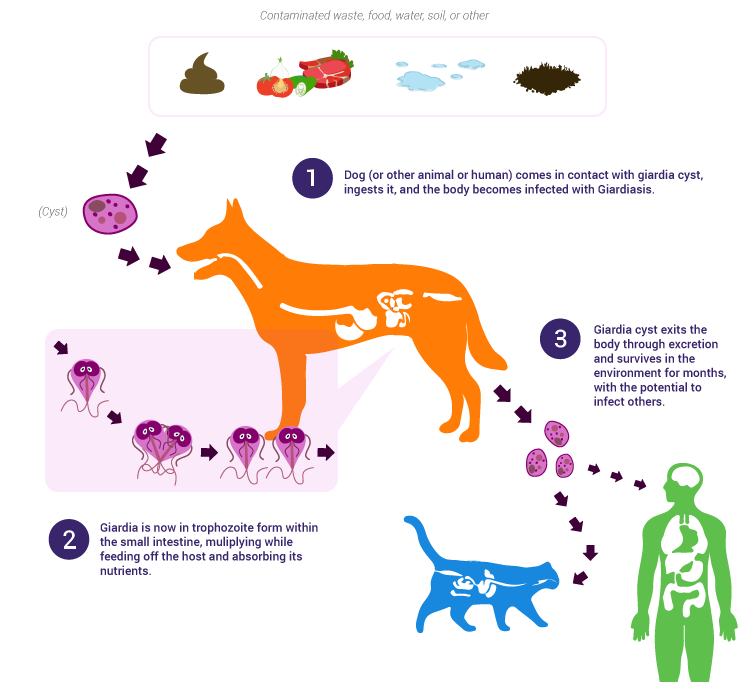Understanding Giardia: Causes, Symptoms, and Prevention
Giardia is a microscopic parasite that causes a diarrheal illness known as giardiasis. It’s one of the most common waterborne diseases worldwide and affects both humans and animals. Understanding how Giardia spreads and how to protect against it is essential for public health, particularly for travelers, campers, and those in areas with untreated water.
What is Giardia?
Giardia lamblia (also called G. intestinalis or G. duodenalis) is a protozoan parasite that inhabits the intestines of infected humans and animals. It exists in two forms:
Trophozoites: The active, disease-causing form that lives in the intestines.
Cysts: The dormant, hardy form that survives outside the body and is responsible for transmission.
How is Giardia Transmitted?
Giardia is typically spread through the fecal-oral route, meaning people become infected by ingesting Giardia cysts from:
Contaminated drinking water (common in untreated lakes, rivers, and wells)
Food washed with contaminated water
Surfaces or objects (like toys or bathroom fixtures) contaminated with feces
Person-to-person contact, especially in childcare settings or among people with poor hand hygiene
The cysts are highly resistant to chlorine, so even chlorinated pools and municipal water supplies can sometimes transmit Giardia if not properly treated.

Symptoms of Giardiasis
Symptoms usually appear 1 to 2 weeks after infection and may include:
Watery or greasy diarrhea
Gas and bloating
Stomach cramps
Nausea
Fatigue
Weight loss
Some people, especially children and those with compromised immune systems, may develop chronic symptoms. Others may carry the parasite without symptoms but can still spread it to others.
Diagnosis and Treatment
Giardiasis is typically diagnosed through stool tests that identify Giardia antigens or cysts. Treatment often includes prescription medications such as:
Metronidazole
Tinidazole
Nitazoxanide
These drugs are effective but may cause side effects like nausea or metallic taste. In some cases, symptoms resolve without treatment, though the person may still be contagious.
Prevention Tips
Preventing Giardia involves careful hygiene and safe water practices:
Boil or filter water from lakes, rivers, or untrusted sources before drinking
Wash hands thoroughly with soap and water, especially after using the bathroom or handling diapers
Avoid swallowing water in swimming pools or natural bodies of water
Wash fruits and vegetables with safe water
Avoid eating raw food in areas with questionable sanitation
Giardiasis is common but preventable. With proper hygiene, safe food and water practices, and prompt treatment, most people recover fully. Awareness is especially crucial for travelers, parents, and outdoor enthusiasts.
By staying informed and cautious, you can significantly reduce the risk of Giardia infection and its unpleasant symptoms.
